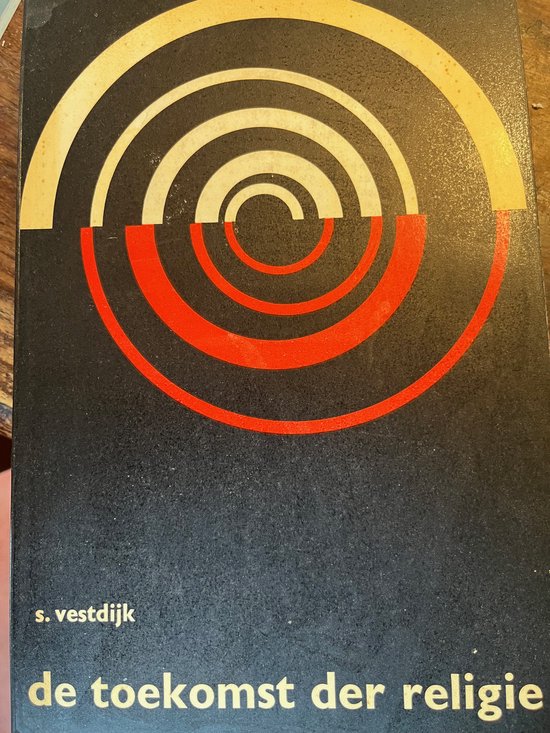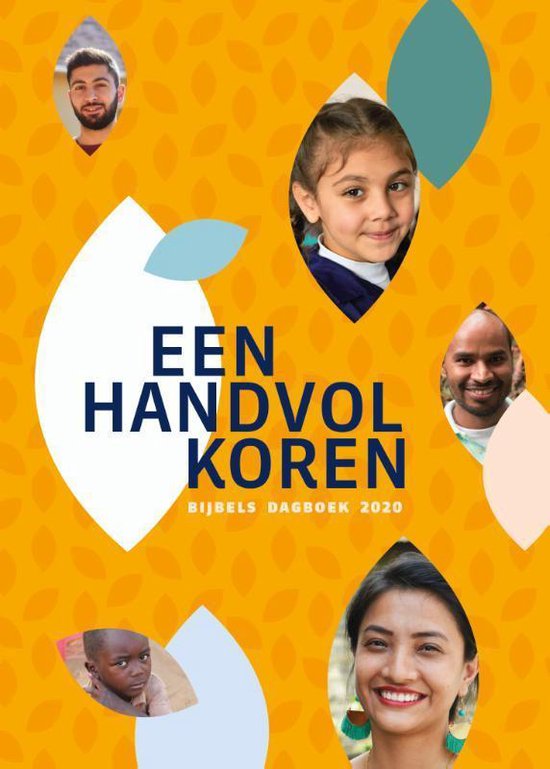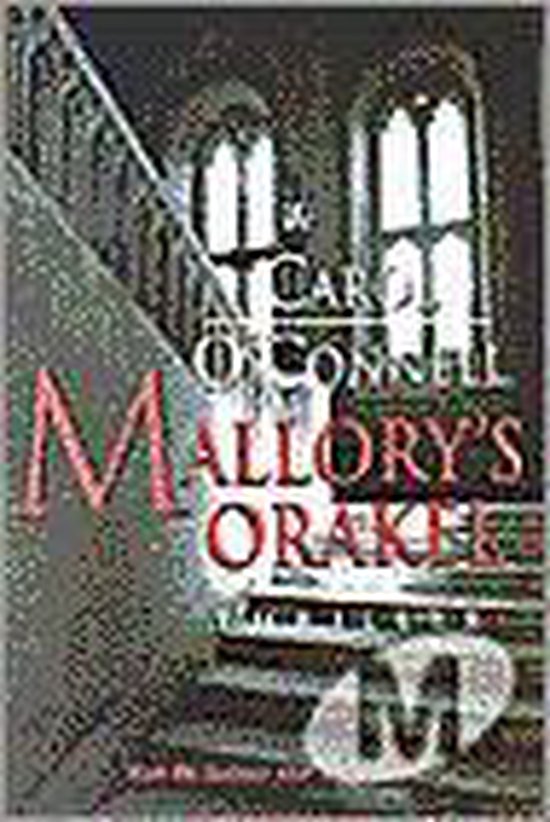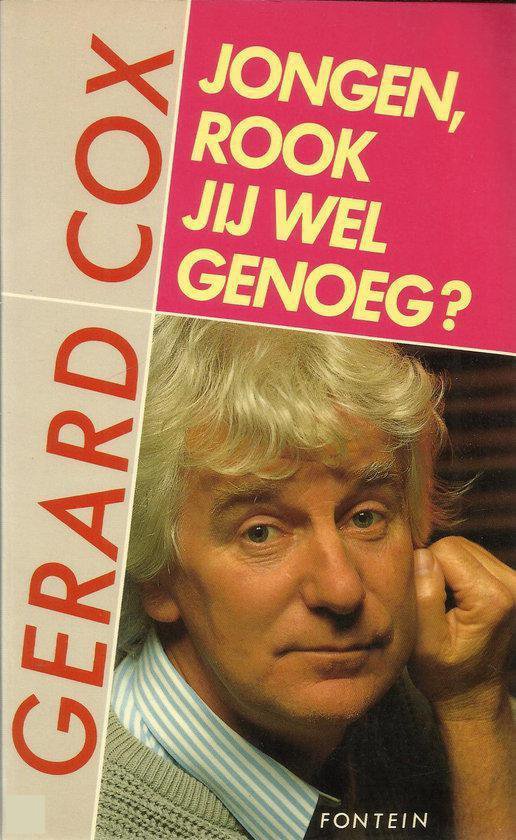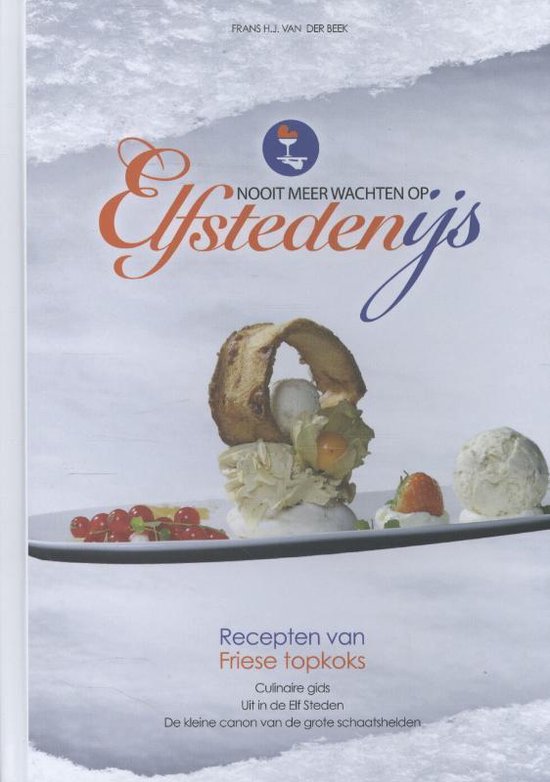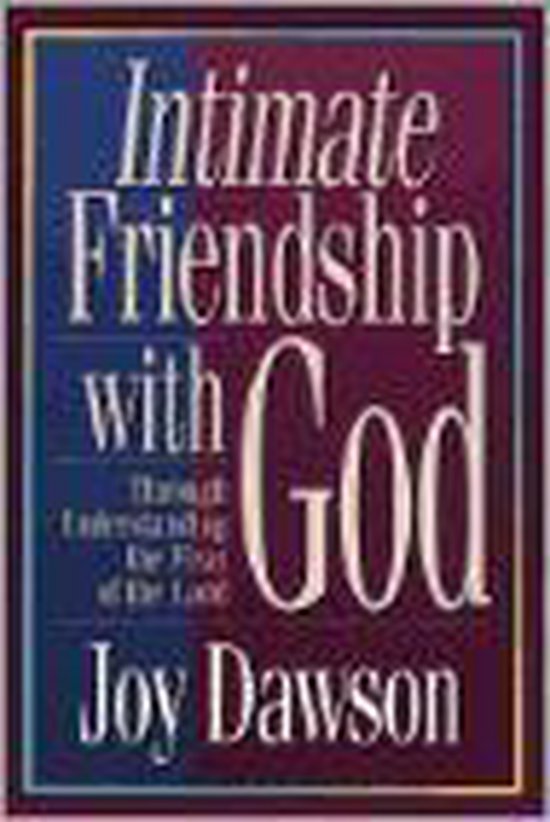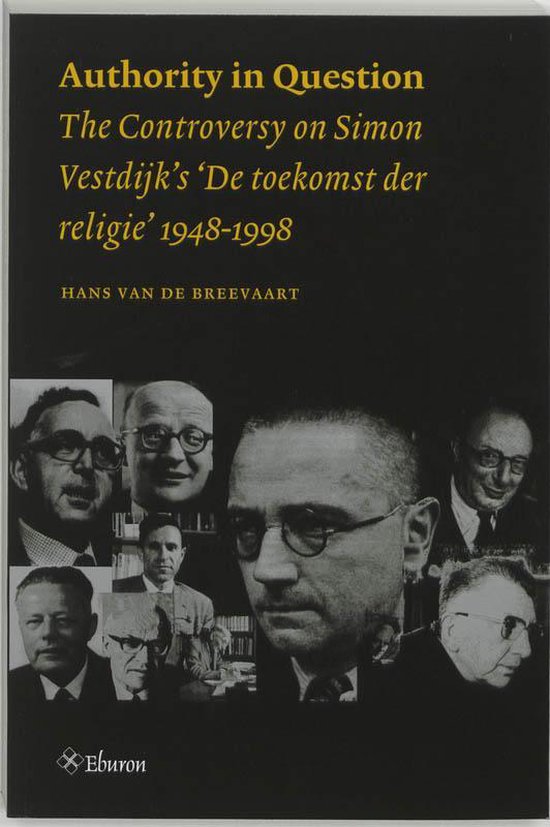
Authority in Question
This study deals with the controversy triggered by Simon Vestdijk's De toekomst der religie ('The Future of Religion'). In this essay, Vestdijk argued that, in the long run, Christianity would be substituted by both Socialism and Buddhism. For more than fifty years after its publication in 1947, the argument has been the target of fierce attacks.
The author tries to explain why some critics reacted polemically, whereas others remained moderate and to the point. Van de Breevaart developed a challenging theory, supported by a sophisticated theoretical framework as well as a wealth of empirical data taken from newspapers, opinion-magazines as well as booklength studies. According to him, polemics is a means by which intellectuals try to defend or establish their authority before an audience against real or imaginary threats.
This theory can help to shed new light on the Rushdie-affair, the so-called Culture Wars in the US, the controversy that started with the political ascendency of Fortuyn in the Netherlands, or even on the way everyone is used to react when faced with criticism in public.
The thesis will be of interest to historians and linguists, to people involved in rhetorical studies and the humanities, to politicians and intellectuals as well as the educated general reader who is eager to know something more about the mechanisms behind any polemical conflict.
Hans van de Breevaart (1971) studied History and Religious Studies at Leiden University. He has been writing on the life and works of the academic founder of the Study of Religions, C.P. Tiele. His recent articles are dealing with the relationship between State and Education in the Netherlands since the times of Thorbecke.
The author tries to explain why some critics reacted polemically, whereas others remained moderate and to the point. Van de Breevaart developed a challenging theory, supported by a sophisticated theoretical framework as well as a wealth of empirical data taken from newspapers, opinion-magazines as well as booklength studies. According to him, polemics is a means by which intellectuals try to defend or establish their authority before an audience against real or imaginary threats.
This theory can help to shed new light on the Rushdie-affair, the so-called Culture Wars in the US, the controversy that started with the political ascendency of Fortuyn in the Netherlands, or even on the way everyone is used to react when faced with criticism in public.
The thesis will be of interest to historians and linguists, to people involved in rhetorical studies and the humanities, to politicians and intellectuals as well as the educated general reader who is eager to know something more about the mechanisms behind any polemical conflict.
Hans van de Breevaart (1971) studied History and Religious Studies at Leiden University. He has been writing on the life and works of the academic founder of the Study of Religions, C.P. Tiele. His recent articles are dealing with the relationship between State and Education in the Netherlands since the times of Thorbecke.
| Auteur | | H. van de Breevaart |
| Taal | | Nederlands |
| Type | | Bindwijze overig |
| Categorie | | Religie, Spiritualiteit & Filosofie |
